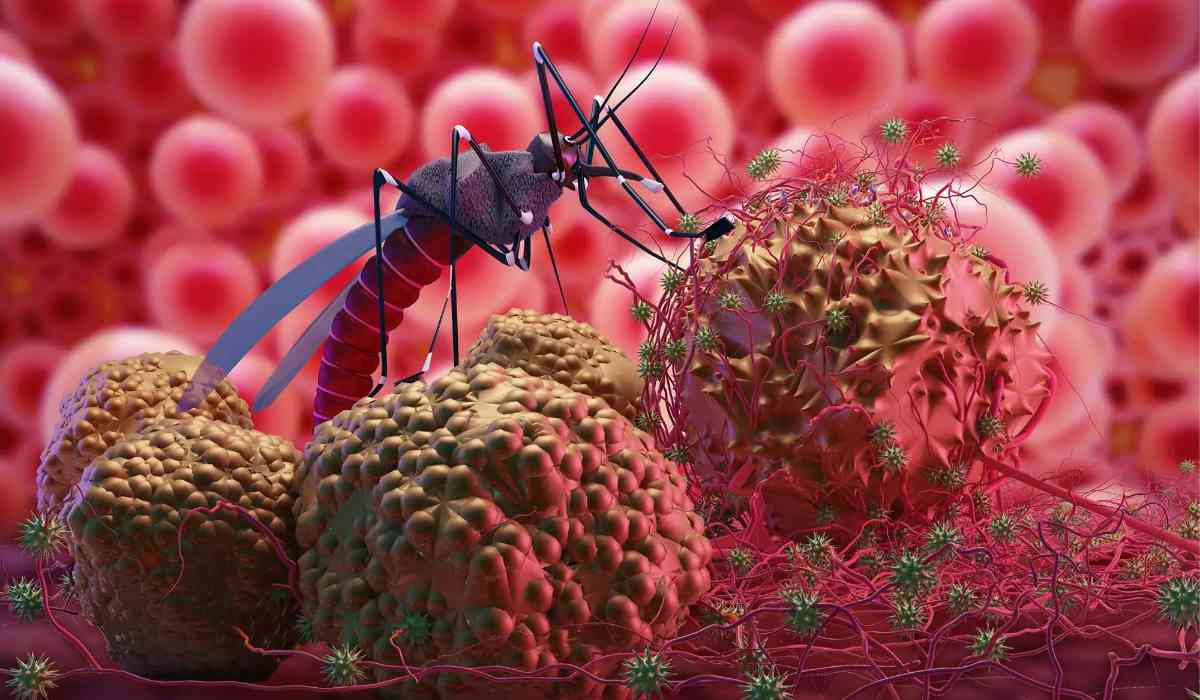Malaria is becoming more and more resistant to currently available medications, and because of that, a team of UCF researchers is working to harness cancer drugs to speed the creation of new, life-saving remedies.
The ACS Infectious Diseases Journal reported the study's findings.
"Over time, genetic mutation of the malaria parasite makes it resistant to current drugs. The World Health Organization reported that malaria parasites are increasingly becoming resistant to the current therapy used to treat malaria, which was discovered in the 1990s. So, new and more effective drugs for malaria are long overdue as about 30 years have gone by since we have had a new class of compounds in the market against malaria." But because compounds must pass numerous stages of testing for efficacy and safety, Chakrabarti noted that the discovery of new drugs can take years or even decades.
The researchers made the decision to use protein kinase inhibitors, which were initially created for the treatment of cancer, for an accelerated route to malaria drug therapy in order to satisfy the urgent need for new medications. The pharmaceutical industry heavily targets protein kinases, which are enzymes that control proteins in the body, in the treatment of cancer and other diseases. Protein kinases are crucial for the life cycle of the malaria parasite and are therefore effective medication targets.
Chakrabarti added further by saying, "One of the ways we can accelerate the discovery of new treatment options is to use existing drugs that are already approved by the Food and Drug Administration. This is called taking a piggyback approach, looking at existing drugs that are already on the market to see if they have anti-malarial properties. This will help to shorten the initial stages of drug discovery which is usually quite time-consuming."
© Vygr Media Private Limited 2023. All Rights Reserved.






















